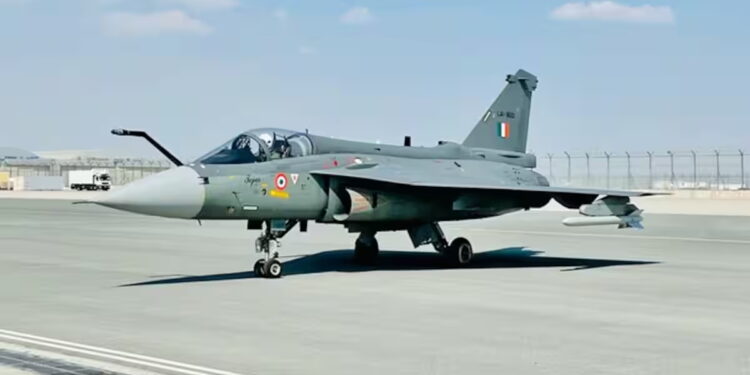LAGATAR24 DESK
New Delhi: In a significant setback for the Indian Air Force (IAF), the induction of the indigenous Tejas Mark-1A fighter jets has been delayed further due to ongoing supply issues with the jet engines from US manufacturer General Electric (GE). Defence Public Sector Unit (PSU) Hindustan Aeronautics Limited (HAL) had committed to delivering 16 Tejas Mark-1A fighters to the IAF in the 2024-25 fiscal; however, it will now deliver only two to three jets, defense sources told TOI.
The delay stems from logistical issues affecting GE’s supply chain, with GE citing problems from a South Korean supplier. The initial timeline for engine supply under the $716 million contract was significantly disrupted, prompting Indian leaders, including Prime Minister Narendra Modi and Defence Minister Rajnath Singh, to raise concerns during recent US visits. GE has assured the supply of the GE-F404 engines will now commence by March 2025, two years behind schedule.
Penalty Clauses and Future Collaborations
According to contract terms, HAL has the option to invoke penalty clauses against GE. However, HAL sources indicated a willingness to resolve these logistical challenges through coordination. Meanwhile, HAL and GE are finalizing a $1 billion contract for the co-production of the advanced GE-F414 engines in India, aiming for an 80% technology transfer to support the upcoming Tejas Mark-II fighters. “The contract should be inked within this fiscal,” said an official involved in the negotiations.
Impact on IAF’s Fighter Squadron Strength
Beyond the engine supply delays, weapon integration and installation of the Israeli radar on the Tejas Mark-1A remain ongoing. The IAF, which currently operates 30 fighter squadrons—short of the 42.5 required to counter threats from China and Pakistan—is relying heavily on the phased induction of 180 Tejas Mark-1A and at least 108 Mark-II jets over the next 15 years to bolster its capabilities.







